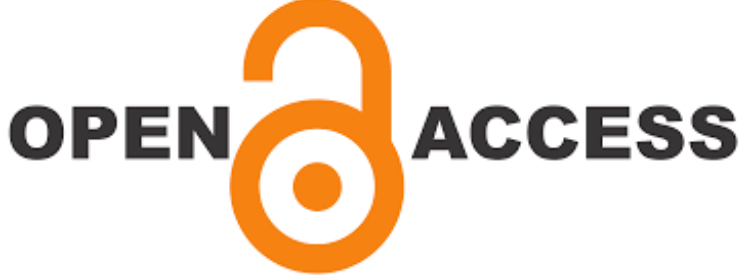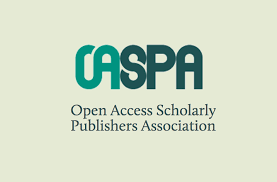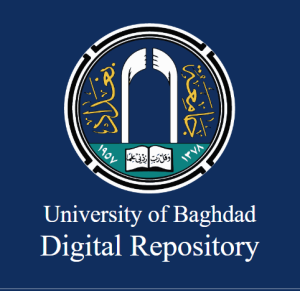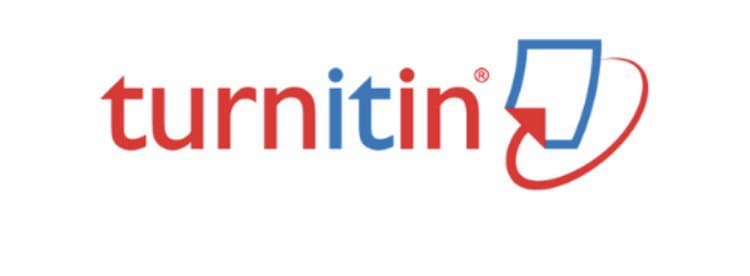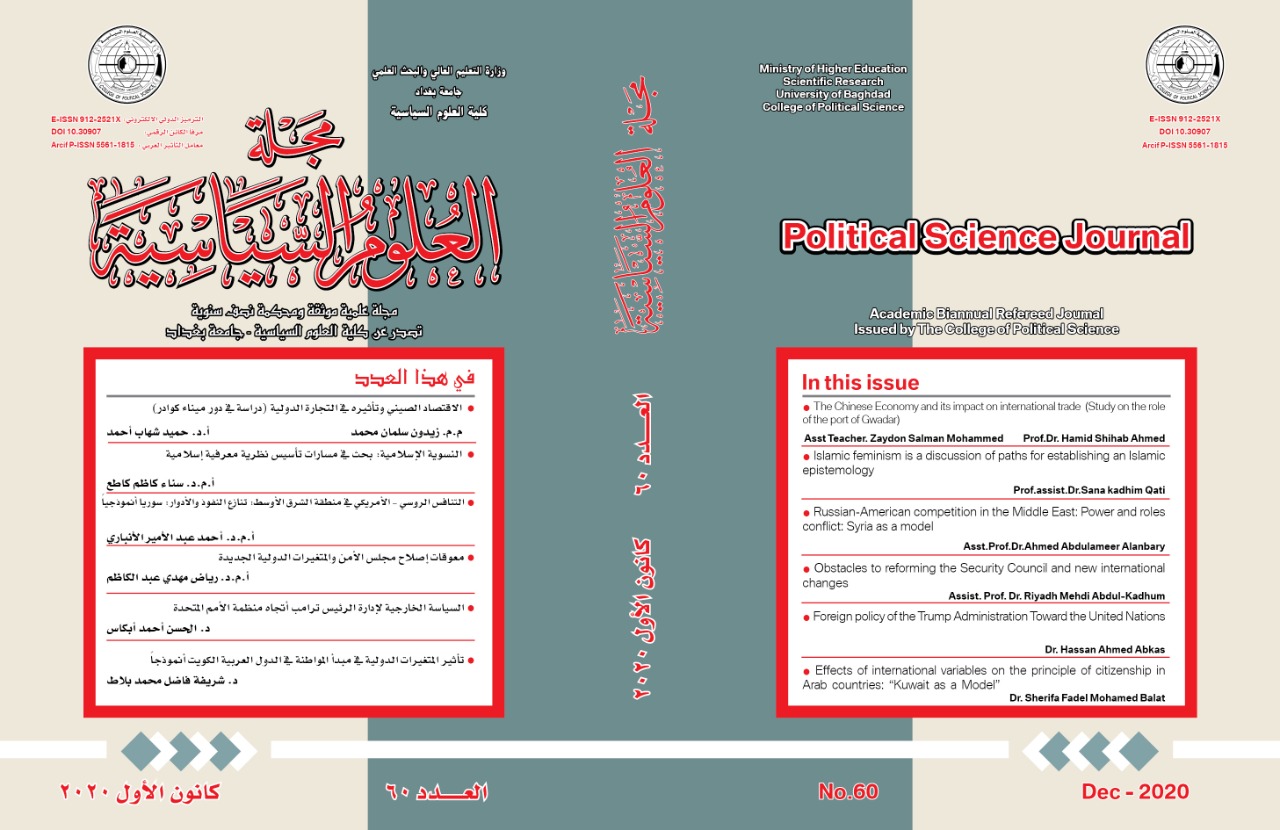Using the Nudge Theory in Improving Security Policies and Crime Prevention: Integrative Review
DOI:
https://doi.org/10.30907/jcopolicy.vi66.666Keywords:
security, crime prevention, crime, nudgeAbstract
The "Nudge" Theory is considered one of the most recent theories, which is clear in the economic, health, and educational sectors, due to the intensity of studies on it and its applications, but it has not yet been included in crime prevention studies. The use of Nudge theory appears to enrich the theory in the field of crime prevention, and to provide modern, effective, and implementable mechanisms.
The study deals with the "integrative review" approach, which is a distinctive form of research that generates new knowledge on a topic through reviewing, criticizing, and synthesizing representative literature on the topic in an integrated manner so that new frameworks and perspectives are created around it.
The study is based on the literature of behavioral economics, with a focus on three basic and recent theories: nudges, fast and slow thinking, and chaos bias. All of them confirm that the ordinary person acts spontaneously, and makes his daily decisions according to what is available, without thinking and contemplation. Thus, they bear characteristics that the security researcher can employ in preventing crime and designing security policies.
Many of the results of studies using poke and behavioral economics theories in crime prevention emphasized the reduction of crime rates, and yielded positive results in preventing crime, rather than combating it, especially in the field of urban planning, shop design, afforestation, lighting, and paving of streets, which encourages the turnout of individuals to it and causes a natural social interaction that prevents the criminal from being motivated to commit his crime.
The study recommends giving more attention to studies about uses of the nudge theory, developing the design of security policies in crime prevention, and supporting modern security studies and security policy studies.
References
أندرسون، جيمس. 2017. "صنع السياسات العامة." ترجمة عامر الكبيسي. الأردن: دار المسيرة للنشر والتوزيع والطباعة.
إيكرز، رولاند وكرستين سيلرز. 2013. "نظريات علم الجريمة: المدخل والتقييم والتطبيقات." الأردن: دار الفكر ناشرون.
بلا، حسن. 2014. "مدخل لفهم السياسات العامة." مجلة القانون المغربي، عدد. 22، (يناير): 131 – 145.
ثالر، ريتشارد وكاس سنشتاين. 2016." التنبيه: تحسين القرارات بشأن الصحة والثروة والسعادة". ترجمة عمر سعيد الأيوبي. بيروت: الدار العربية للعلوم ناشرون.
دانيال كانمان، دانيال. 2015. "التفكير السريع والبطيء." ترجمة شيماء طه الريدي ومحمد سعد طنطاوي. مصر: مؤسسة هنداوي للتعليم والثقافة.
قندوز، عبد الكريم أحمد. "استخدام الاقتصاد السلوكي في دعم عملية صنع السياسات الاقتصادية: تجارب إقليمية ودولية". موجز سياسات. العدد 19. أبو ظبي: صندوق النقد العربي.
كلية محمد بن راشد. د.ت. "حكومة المستقبل تدمج البصائر السلوكية في صناعة السياسات." دبي: كلية محمد بن راشد للإدارة الحكومية، خلاصات التعليم التنفيذي.
https://www.mbrsg.ae/home/executive-education/executive-education-summaries?page=2
مركز الفكر. د.ت. "نحو اعتماد العلوم السلوكية في صنع السياسات الحكومية في دول مجلس التعاون الخليجي." بيروت: إستراتيجي والشرق الأوسط.
المصمودي، سليم أحمد. "الاتجاهات الحديثة للوقاية من الجريمة: كيف تتجدَّد المقاربات الكلاسيكية في العصر الرقمي؟." المجلة العربية لعلوم الأدلة الجنائية والطب الشرعي، مج 4، ع 2. الرياض: جامعة نايف العربية للعلوم الأمنية.
النجار، أحمد حسن. 2019. " الممارسات الدولية لوحدات تطبيق الاقتصاد السلوكي (الوكز) ومتطلبات نجاحها". مركز الكويت للاقتصاد الإسلامي.
هالبيرون، ديفيد، أوين سيرفيس، وفريق الرؤى السلوكية. 2019. "داخل وحدة الحفز: كيف يمكن للتغييرات الصغيرة أن تحدث فرقًا كبيراً؟". ترجمة أحمد عبدالله الزهراني ومحمود عبدالعزيز عبدالعال. الرياض: معهد الإدارة العامة.
List of references:
Abdukadirov, Sherzod. 2016. “Nudge Theory in Action: Behavioral Design in Policy and Markets.” London: Palgrave Advances in Behavioral Economics, Palgrave Macmillan.
Al-Masmoudi, Salim Ahmed. Modern trends in crime prevention: How are classic approaches renewed in the digital age? Arab Journal of Forensic Sciences and Forensic Medicine, Vol. 4, p. 2. Riyadh: Naif Arab University for Security Sciences.
Al-Najjar, Ahmed Hassan. 2019. “International Practices for Behavioral Economics Implementation Units (nudges) and Requirements for Their Success.” Kuwait Center for Islamic Economics.https://www.researchgate.net/profile/Ahmed-Alnaggar-4/publication/342241957_almmarsat_aldwlyt_lwhdat_ttbyq_alaqtsad_alslwky_alwkz_wmttlbat_njahha_-_d_ahmd_alnjar/links/5eea1b9e92851ce9e7ea 9ded/almmarsat-aldwlyt-lwhdat-ttbyq-alaqtsad-alslwky-alwkz-wmttlbat-njahha -d-ahmd-alnjar.pdf
Amir, On, Dan Ariely, Alan Cooke, David Dunning, Nicholas Epley, Botond Koszegi, Donald Lichtenstein, Nina Mazar, Sendhil Mullainathan, Drazen Prelec, Eldar Shafir and Jose Silva. 2005. “Psychology, Behavioral Economics, and Public Policy.” Marketing Letters, Vol. 16, No. 3/4. 443–454. https://link.springer.com/article/10.1007/s11002-005-5904-2
Anderson, James. 2017. “Public Policy Making.” Translated by Amer Al-Kubaisi. Jordan: Dar Al Masirah for publishing, distribution and printing.
Baddeley, Michelle. 2011. “Information Security: Lessons from Behavioural Economics.”, Conference: Security and Human Behavior (SHB11).https://www.researchgate.net/publication/266292488_Information_Security_Lessons_from_Behavioural_Economics
Baimyrzaeva, Mahabat. 2013. “Policy Analysis as a Profession in Government: Who Does What and How.” University of Central Asia – Institute of Public Policy and Administration (IPPA) Working Paper No.2.http://dx.doi.org/10.2139/ssrn.3023263
Brenner, Lyle A. 2022. “Daniel Kahneman, Olivier Sibony, and Cass R. Sunstein. Noise: A Flaw in Human Judgment.” Administrative Science Quarterly - SAGE Journals, Vol. 67(4). 69-72. https://doi.org/10.1177/00018392221119294
Buheji, Mohamed. 2018. “Understanding the Potential of Behavioural Economics on Establishing ‘Quality of Life’ Constructs.” American Journal of Economics, 8(6). 279-288. DOI: 10.5923/j.economics.20180806.07
Camerer, Colin F. and George Loewenstein. 2004. “Behavioral Economics: Past, Present, Future”, In “Advances in behavioral economics”, edited by Colin F. Camerer, George Loewenstein and Matthew Rabin, 3-52. New York. Russell Sage Foundation.
Clarke, Ronald V. 1997. “Situational Crime Prevention: Successful Case Studies.” United States: Harrow and Heston.
Daniel Kahneman, Daniel. 2015. “Thinking Fast and Slow.” Translated by Shaima Taha Al-Raidi and Muhammad Saad Tantawi. Egypt: Hindawy Foundation for Education and Culture.
Eckers, Rowland and Christine Sellers. 2013. “Criminal Theories: Introduction, Evaluation, and Applications.” Jordan: Dar Al-Fikr Publishers.No, okay. 2014. “An Introduction to Understanding Public Policy.” Moroccan Law Journal, no. 22 (January): 131-145.
Fishbane, Alissa, Aurelie Ouss and Anuj K. Shah. 2020. “Behavioral nudges reduce failure to appear for court.” SCIENCE, Vol 370. https://www.science.org/doi/epdf/10.1126/science.abb6591
Halperon, David, Owen Service, and the Behavioral Insights Team. 2019. “Inside the Motivational Unit: How Small Changes Can Make a Big Difference?”. Translated by Ahmed Abdullah Al-Zahrani and Mahmoud Abdulaziz Abdel-Aal. Riyadh: Institute of Public Administration.
Kunduz, Abdul Karim Ahmed. Using behavioral economics to support economic policy making: regional and international experiences. Policy brief. Issue 19. Abu Dhabi: Arab Monetary Fund.
Mance, Jonathan. 2022. “Noise A Flaw in Human Judgment Daniel Kahneman Olivier Sibony and Cass R.” Journal of Law and Society, Volume 49, Issue 1. (March): 226-231. https://doi.org/10.1111/jols.12345
Mohammed bin Rashid College. D.T. "Government of the Future Incorporates Behavioral Insights into Policymaking." Dubai: Mohammed Bin Rashid School of Government, Executive Education Summaries. https://www.mbrsg.ae/home/executive-education/executive-education-summaries?page=2
Ouss, Aurelie and Megan Stevenson. 2022. “Does Cash Bail Deter Misconduct.” https://www.aeaweb.org/articles?id=10.1257/app.20210349&&from=f
Ouss, Aurelie. 2022. “Behavioral Science and Criminal Justice Reform.” Workshop on Behavioral Economics: Exploring Applications and Research Methods, The National Academies in Washington, July 18-19. https://www.nationalacademies.org/documents/embed/link/LF2255DA3DD1C41C0A42D3BEF0989ACAECE3053A6A9B/file/DF2C62339C75C6B127765B645C37958E6F41F6EE4823?noSaveAs=1
Pandey, Tanishka and Amrita Raj Pathak. 2021. “The Broken Windows Theory.” International Journal of Law Management & Humanities, Vol. 4, Iss. 5. 1722 - 1730.
Pickett, Justin T. 2018. “Using Behavioral Economics to Advance Deterrence Research and Improve Crime Policy: Some Illustrative Experiments, Crime & Delinquency, Vol. 64 (12). 1636-1659. DOI:10.1177/0011128718763136
Snyder, Hannah. 2019. “Literature review as a research methodology: An overview and guidelines.” Journal of Business Research, vol. 104. 333-339. https://doi.org/10.1016/j.jbusres.2019.07.039
Solek, Adrian. 2014. “Behavioral economics approaches to public policy.” Journal of International Studies, Vol. 7, No 2. 33-45. DOI: 10.14254/2071-8330.2014/7-2/3
Thaler, Richard and Cass Sunstein. 2016. “Alert: Improving Decisions About Health, Wealth, and Happiness.” Translated by Omar Saeed Al-Ayyubi. Beirut: Arab House of Science Publishers.
Thought Center. D.T. Towards Adoption of Behavioral Sciences in Government Policy Making in the GCC Countries. Beirut: Strategy and the Middle East.https://www.strategyand.pwc.com/m1/en/ideation-center/ic-research/2018/triggering-change-in-the-gcc-through-behavioral-insights-arabic. pdf
Torraco, Richard J. 2016. “Writing Integrative Reviews of the Literature: Methods and Purposes.” International Journal of Adult Vocational Education and Technology, Volume 7, Issue 3. 62-70. https://dl.acm.org/doi/abs/10.4018/IJAVET.2016070106
Van Winden, Frans A.A.M. and Ash, Elliott. 2012. "On the Behavioral Economics of Crime" Review of Law & Economics, vol. 8, no. 1. 181-213. https://doi.org/10.1515/1555-5879.1591
White, Mark D. 2016, “Overview of Behavioral Economics and Policy” In “Nudge Theory in Action: Behavioral Design in Policy and Markets, edited by Sherzod Abdukadirov, 15 – 36. London: Palgrave Advances in Behavioral Economics, Palgrave Macmillan.
Downloads
Published
Issue
Section
License
Copyright (c) 2023 Abdul Rahman Abdullah Al-Shugair

This work is licensed under a Creative Commons Attribution 4.0 International License.





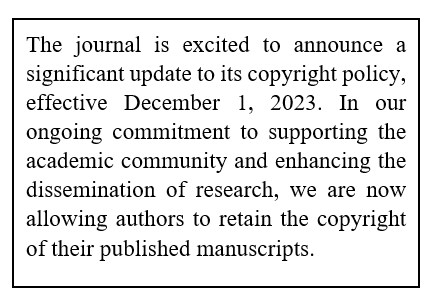
 ©️ 2023 The Author(s). Published by College of Political Science, University of Baghdad. This is an Open Access article distributed under the terms of the
©️ 2023 The Author(s). Published by College of Political Science, University of Baghdad. This is an Open Access article distributed under the terms of the 